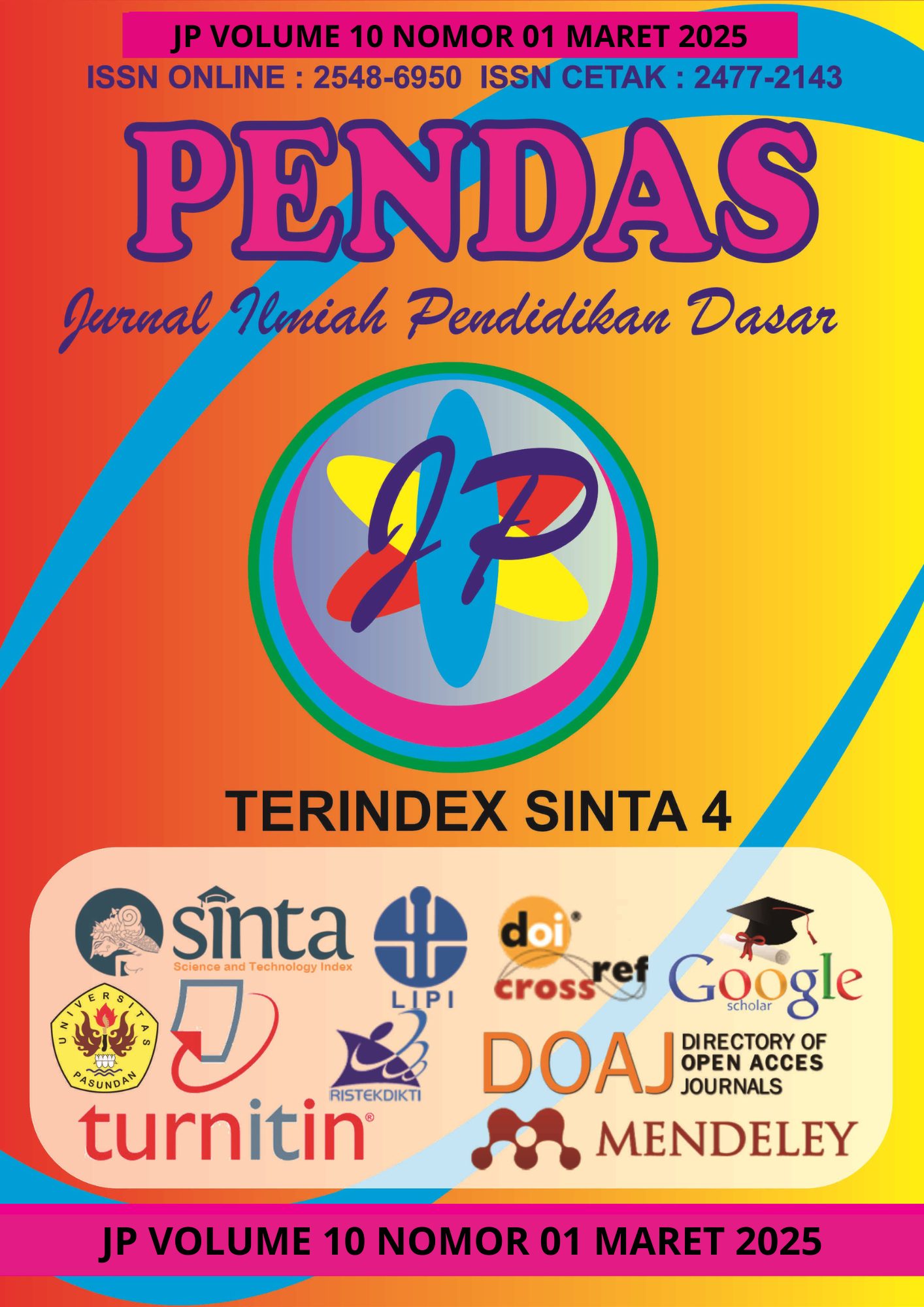ANALISIS PERILAKU DISIPLIN TERHADAP KARAKTERISTIK KEGIATAN ORGANISASI UKM SEKOLAH TINGGI ILMU EKONOMI INDONESIA JAKARTA
DOI:
https://doi.org/10.23969/jp.v10i01.21140Keywords:
disciplinary behavior, organizational activity characteristics, student activity unitAbstract
Disciplinary behavior is one of the factors that determine success in carrying out the activities of an organization. This study aims to analyze the relationship between disciplinary behavior and characteristics of organizational activities in seven student activity units at STIE Indonesia Jakarta. Using descriptive qualitative method, data were collected through interviews and observations of core administrators and active members from Senat Mahasiswa, Hima Manajemen, Remaja Majelis Nurul I'tishom, Sakuntala, Bulutangkis, Seni Budaya, and Karate. The results showed that participation and attendance were influenced by the level of commitment and interest in routine activities, such as training. Internal factors, such as the role of the chairman and social support among members, as well as external factors, such as a busy lecture schedule, affect the discipline of members. Efforts to improve discipline are made through member self-awareness, consistent communication, and fair application of discipline rules. A firm and wise leader and a structured schedule of activities also play an important role in improving discipline. This research reveals that high discipline will support the achievement of organizational goals, strengthen relationships between members, and improve the quality of student activity unit work results.
Downloads
References
Arianto, A. (2017). Peran unit kegiatan mahasiswa dalam pengembangan diri mahasiswa. Jurnal Pendidikan dan Pembelajaran, 5(2), 123-130.
Bogdan, R. C., & Taylor, S. J. (1975). Introduction to Qualitative Research Methods: A Phenomenological Approach to the Social Sciences. New York: Wiley.
Moleong, L. J. (2018). Metodologi penelitian kualitatif. Bandung: Remaja Rosdakarya.
Prasetyo, B. (2022). Pelatihan kepemimpinan dan manajemen organisasi pada unit usaha. Jurnal Pendidikan dan Pelatihan, 10(2), 75-85.
Prijodarminto, S. (1992). Disiplin dalam organisasi: Teori dan Praktik. Jakarta: Penerbit Universitas Indonesia.
R Haholongan, E Elvira, UN Kholifah. (2023). Strategi perusahaan untuk meningkatkan karir karyawan. Manajemen pengetahuan, keterampilan, persepsi sikap, dan motivasi kerja Inovasi. Jurnal Ekonomi, Keuangan, dan Manajemen 19 (2), 349-358
Rutinaias, Haholongan, R. M. (2019 ). Pelatihan dan Pengembangan Sumber Daya Manusia Berbasis Integrated. Jurnal Ilmiah Pengabdhi, Volume 5 No 1, 13-17. doi:http://dx.doi.org/10.21107/pgd.v5i1.5158
Robbins, S. P., & Judge, T. A. (2017). Organizational behavior (17th ed.). Pearson.
Robiansyah, et al. (2012). Pengaruh gaya kepemimpinan dan disiplin kerja terhadap kinerja karyawan pada PT. Tri Mandiri Selaras Samarinda. Samarinda: Fakultas Ekonomi Universitas Mulawarman.
Suyanto, P. (2019). Pengaruh kedisiplinan anggota terhadap kinerja organisasi UKM di Perguruan Tinggi. Jakarta: Jurnal Manajemen dan Organisasi, 15(2), 45-59.
Syamsudin, R. (2007). Tata Cara Kerja Organisasi, Bumi Aksara, Jakarta.
Yukl, G. (2013). Leadership in Organizations. (8th ed). Pearson Education.
Downloads
Published
Issue
Section
License
Copyright (c) 2025 Pendas : Jurnal Ilmiah Pendidikan Dasar

This work is licensed under a Creative Commons Attribution 4.0 International License.














































